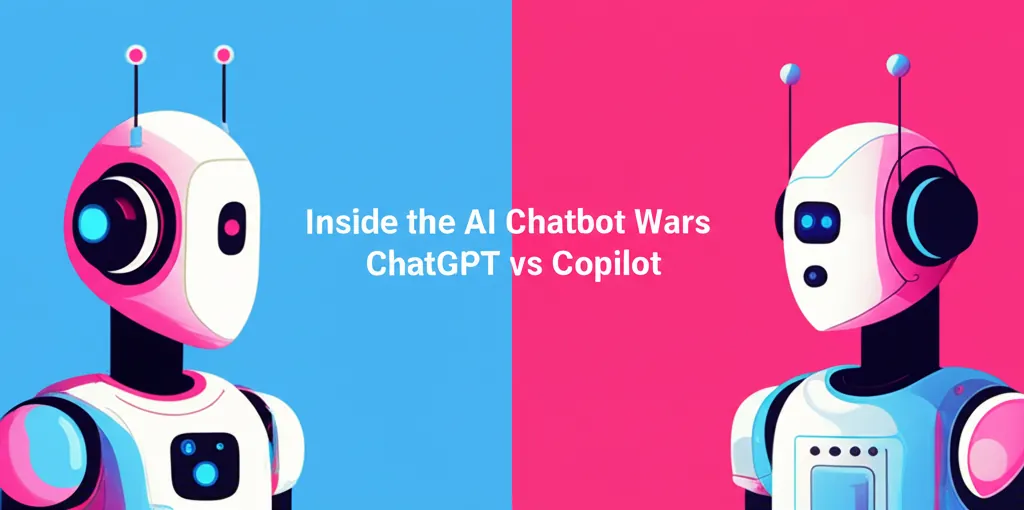Developer Offer
Try ImaginePro API with 50 Free Credits
Build and ship AI-powered visuals with Midjourney, Flux, and more — free credits refresh every month.
AI Outperforms Doctors Solving A Five Year Old Mystery
An Instant Cure for a Five-Year Medical Mystery
For five long years, one individual lived with persistent jaw pain and an unnerving cracking sound. Despite numerous doctor visits, MRI scans, and specialist appointments, no clear diagnosis or effective treatment emerged. The patient even considered an old boxing injury as a potential cause, but the true origin of the suffering remained a complete puzzle.
In a moment of frustration, they turned to an unlikely source for help: ChatGPT, OpenAI's conversational AI. After providing a detailed description of the symptoms, the AI delivered a surprisingly quick and precise analysis. It suggested that the jaw disc was likely out of alignment but still mobile and recommended a simple exercise to help reset it.
The result was nothing short of astonishing. After performing the recommended exercise for less than a minute, the cracking noise stopped, and the pain finally disappeared. Five years of frustration and discomfort were resolved in just 60 seconds. The story quickly spread across social media, capturing the attention of tech leaders, medical professionals, and the general public.
Silicon Valley Weighs In on AI's Diagnostic Power
The incident created a significant buzz in Silicon Valley. Reid Hoffman, the co-founder of LinkedIn, shared the story enthusiastically, highlighting it as a prime example of AI's “superior capabilities.” He argued that this was not a lucky guess but a demonstration of an era where artificial intelligence can, in some cases, exceed human expertise and empower individuals in profound ways.
This story challenges the conventional view of AI as a simple automation tool. Instead, advanced models like ChatGPT are gaining recognition as powerful partners in solving complex, real-world problems with immediate, practical benefits. It represents a potential shift in public perception, viewing AI less as abstract technology and more as a helpful companion in everyday life.
The Rise of AI as a Personal Life Coach
The viral story sparked widespread conversations on platforms like Reddit, where many users with similar undiagnosed jaw pain shared their own frustrations with traditional medicine. Some reported finding relief by trying ChatGPT’s suggested exercise, underscoring the AI's growing influence beyond simple conversation.
This event points to a larger cultural shift in how people interact with AI. OpenAI CEO Sam Altman notes a generational divide: older users often see AI as an advanced search engine, while younger users treat it more like a personal coach, advisor, or confidant. People are now turning to ChatGPT for advice on everything from choosing a college major and handling workplace disputes to seeking emotional support.
Altman explains that AI's key advantage is its ability to understand the full context of a user's life—their relationships, career, and personal history—to provide customized, actionable guidance. It is always available, free of judgment, and can process vast amounts of data to offer advice tailored specifically to the individual.
Can Technology Offer a Human Touch?
This story resonates on a personal level, as it highlights how technology can provide surprisingly human solutions. Years ago, I dealt with chronic back pain that baffled medical experts. After many failed consultations, a simple tip found online finally brought relief. It’s a reminder that sometimes the most effective help comes from unexpected sources.
Perhaps this is the true potential of AI. It synthesizes knowledge from countless human experiences worldwide to deliver wisdom that feels personal, timely, and hopeful. It’s exciting to consider how artificial intelligence could become the future of personal healthcare and help us navigate life's other challenges.
What are your thoughts on using AI for health or personal advice? Would you trust its recommendations? Share your experiences in the comments below.
Compare Plans & Pricing
Find the plan that matches your workload and unlock full access to ImaginePro.
| Plan | Price | Highlights |
|---|---|---|
| Standard | $8 / month |
|
| Premium | $20 / month |
|
Need custom terms? Talk to us to tailor credits, rate limits, or deployment options.
View All Pricing Details

